Monsoon Diet: Dos And Don'ts - What To Eat And What To Avoid
As the monsoon season arrives, the increased humidity and damp environment during the season make us more susceptible to various illnesses, says Dr Rohini Patil, MBBS & Nutritionist Founder Of Nutracy Lifestyle. "So it’s important to change your diet to stay healthy and enjoy the rain. Here’s the guide on what to eat and what to avoid during the monsoon," Dr Patil says.
)
Dr Rohini Patil, MBBS & Nutritionist Founder Of Nutracy Lifestyle, shares a list of food items that people should eat and avoid in the monsoon season. (Images by Freepik)

While nature rejuvenates in the rainy season, monsoon is a time to be careful about food. Check out some healthy food options for monsoon.
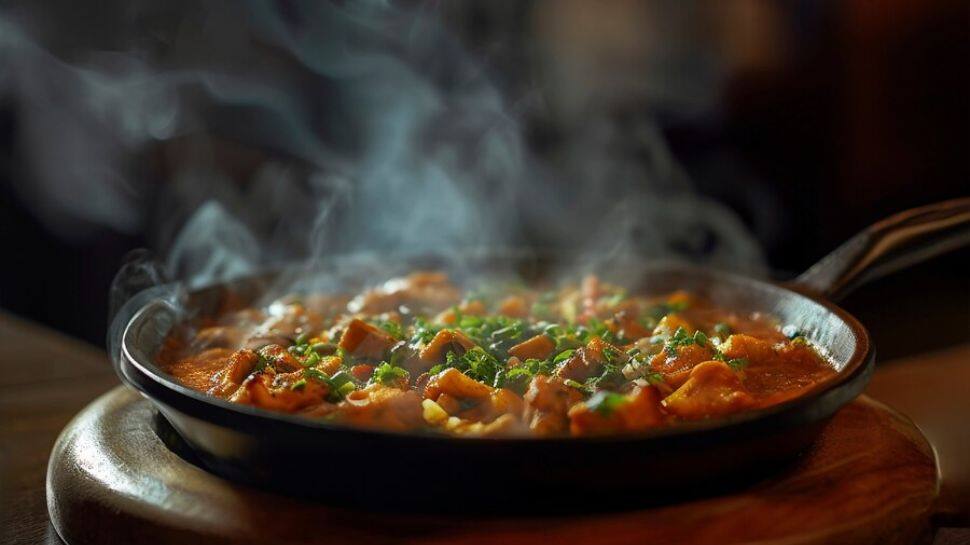
Choose light and freshly cooked meals instead of oily and raw foods as they are easy to digest. Include soups, khichdi, steamed and grilled vegetables.
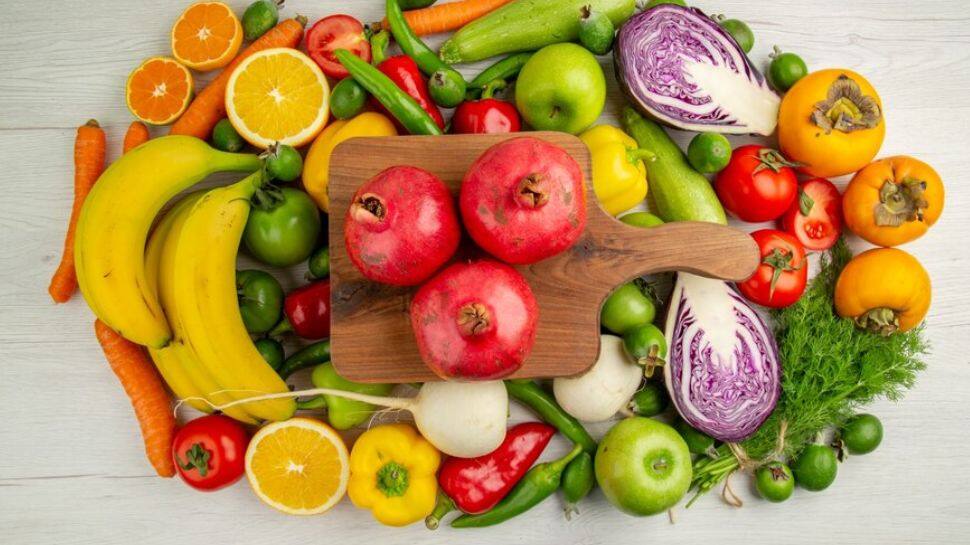
Enjoy vegetables like carrots, beans and spinach and fruits such as pomegranates, apples and pears in your diet as they are rich in nutrients and strengthen our immunity.
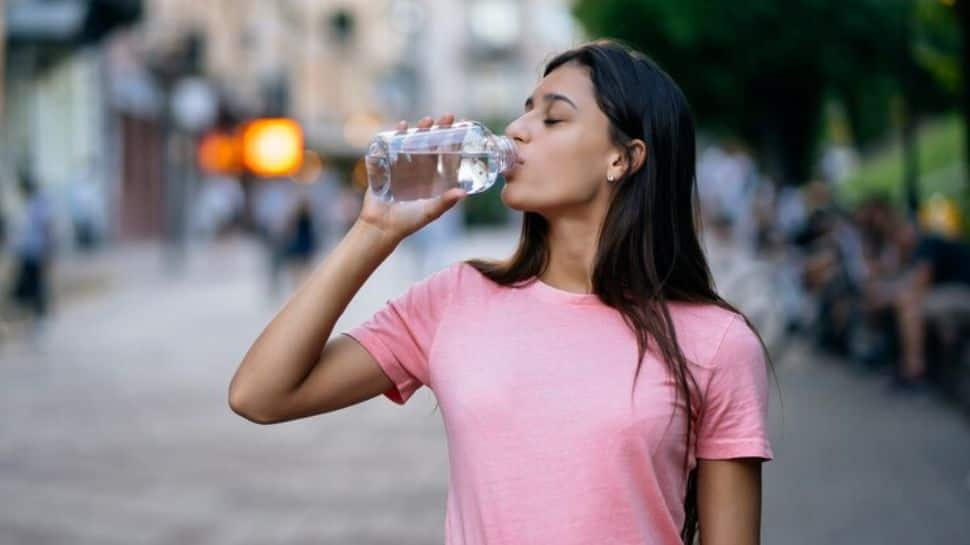
Include plenty of warm liquids like herbal teas, turmeric and ginger-infused water in your diet. These will boost metabolism, aid digestion and keep you hydrated.
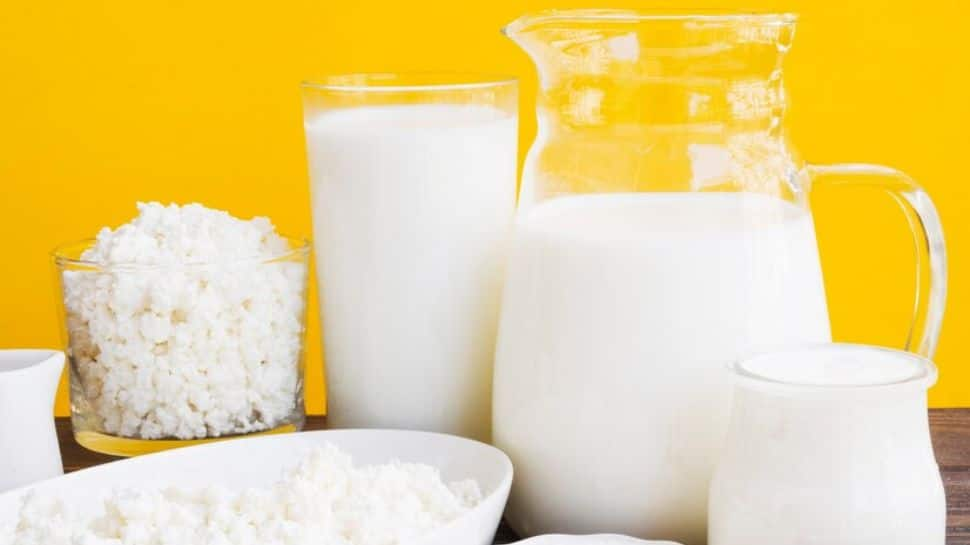
Eat foods rich in probiotics like yoghurt, milk and other fermented products as they enhance our gut health.
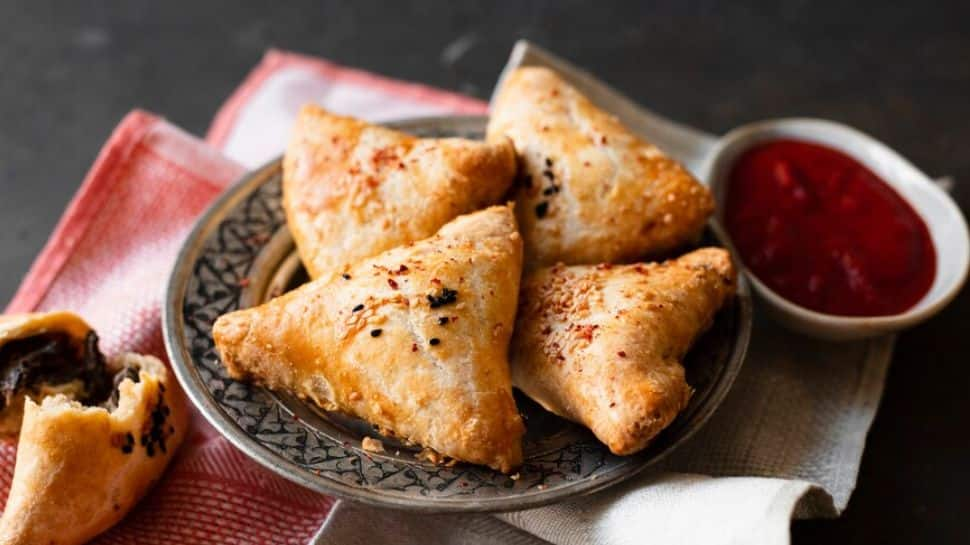
While some foods may look and even taste delicious, they can cause severe health issues, especially in the rainy season. Read on to know four foods to either avoid or have in moderation in the rainy season.
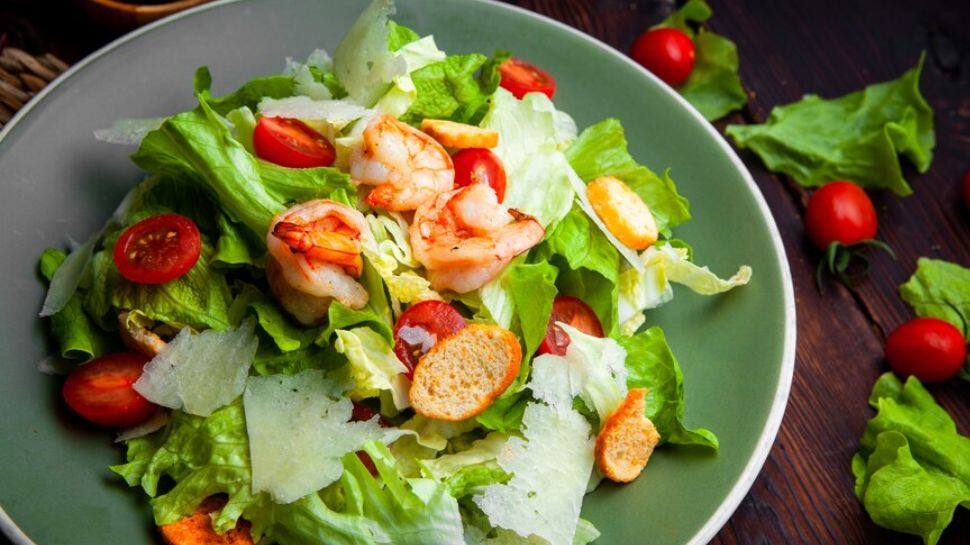
Avoid consuming street food and food from unhygienic places as it may lead to food-borne illnesses that are common during monsoon season. Also, avoid raw vegetables as they may carry harmful bacteria.
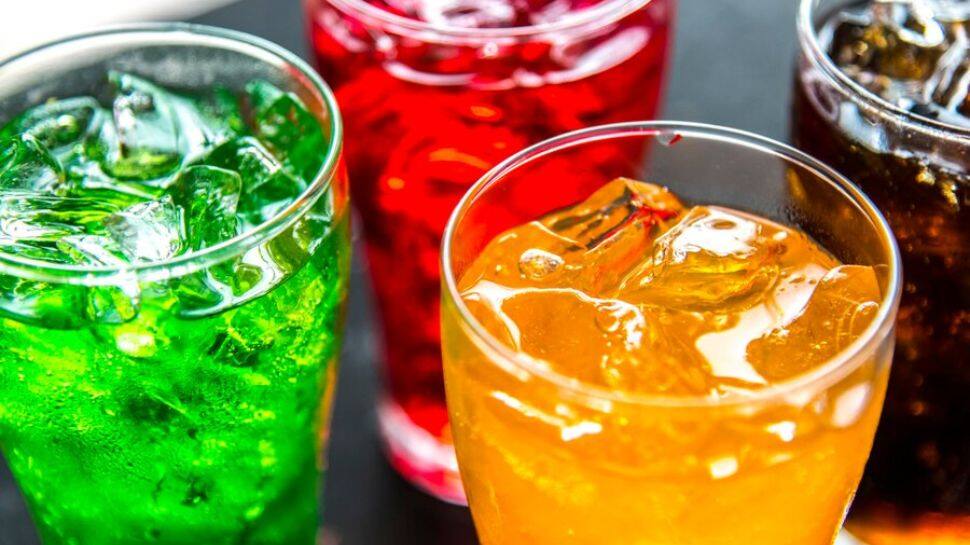
Reduce the intake of sugary drinks and sodas as they can weaken our immune system and lead to other health problems.
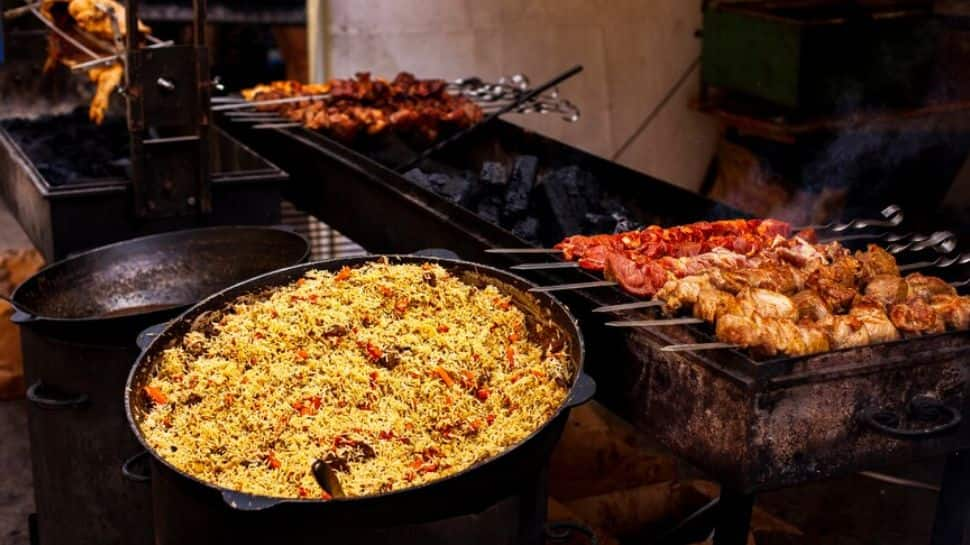
Fried and oily food are generally unhealthy and difficult to digest and lead to discomfort and other digestive issues.
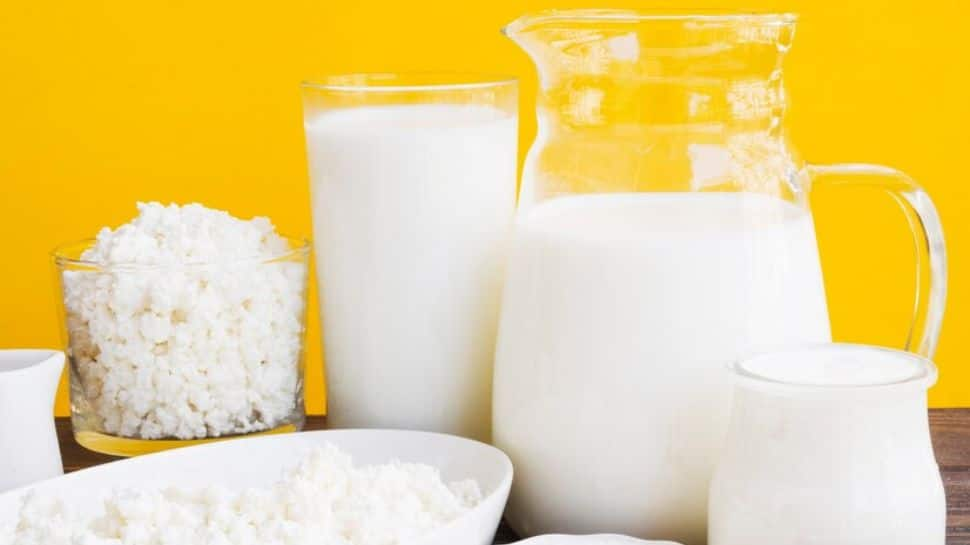
Consumption of dairy products like milk and cheese can be limited because they spoil quickly and lead to stomach problems when they aren’t pasteurised.

